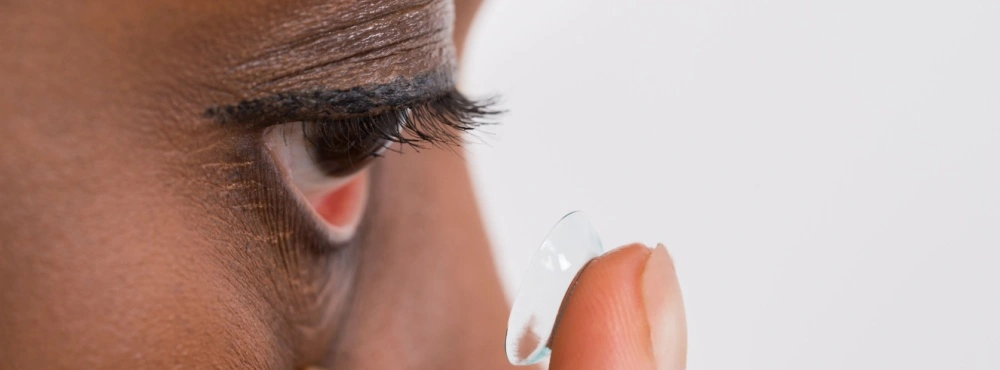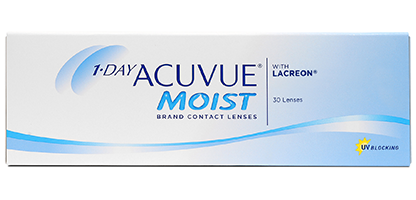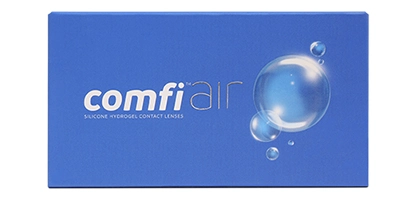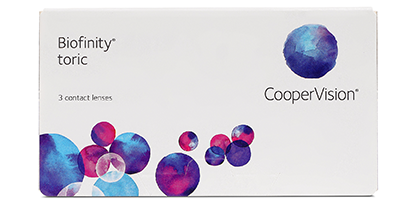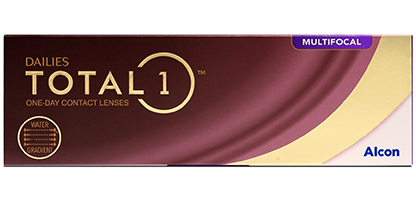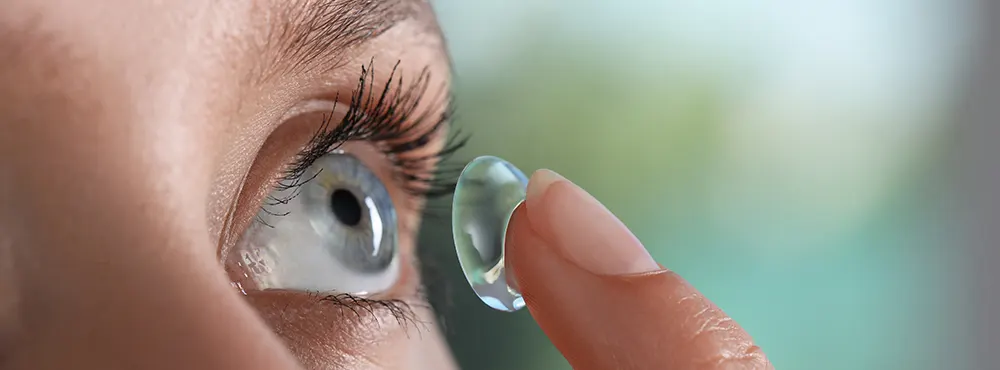How do I know if my contacts fit correctly?
When contacts are fitted correctly, they’ll rest securely on your eyes and should remain stable throughout the day. Vision should be consistent and not fluctuate while blinking. When you first put on the lens, any discomfort should go away within a few minutes.
Signs that contact lenses don't fit well include:
- Discomfort after blinking
- Vision changes throughout the day
- Dry or watery eyes
A well-fitted contact lens is essential for overall eye health.
What will a poorly fitted contact lens most commonly result in?
A poorly fitted contact lens can make your eyes feel uncomfortable or irritated and may even cause redness. Using badly fitted lenses could damage the surface of the eye (cornea) and even result in eye infections.
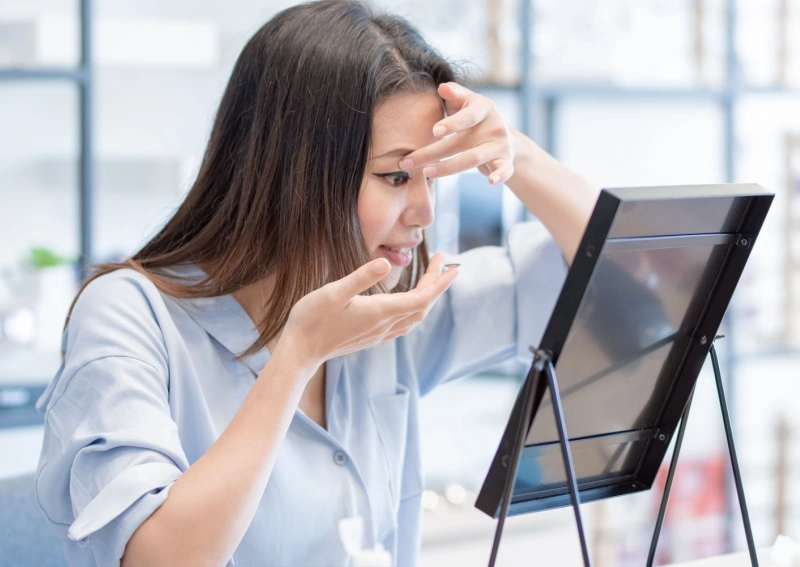
It is very important to get your lenses fitted by a qualified optician to lower these risks.
Pro tip: Remember to have regular eye check-ups to monitor your eye health and the effectiveness of your lenses. If you experience discomfort, vision changes or unusual symptoms, contact your optician immediately. If symptoms worsen or if you are in an emergency situation, you should visit your local A&E immediately.
Why is expert advice crucial when it comes to contact lenses?
Seeking expert advice is essential for learning how to properly insert, remove, clean and store your lenses, which is crucial for maintaining good eye health.
Only qualified eye care professionals should select and fit contact lenses, as they can assess your eye health and determine the most suitable lenses for your specific needs.
What happens after a contact fitting?
After your first visit, your optician will advise you to wear your contact lenses for a trial period to assess the comfort of the trial lenses. For daily disposable lenses, the trial may last 5-10 days and for monthly lenses, it could be 2-3 weeks. You will be asked to return for a follow-up appointment where the optician will perform tests to assess the lens fitting and check how well you can see. They will also want to know how you got on with the lenses, so it is important to give your feedback. If all goes well at the appointment, you will be issued a copy of your contact lens prescription.
Good news is…
When you shop for your contact lenses at Feel Good Contacts, you will receive a comprehensive "Optical Aftercare" email after purchasing your lenses. The healthcare advice e-mail includes basic information and instructions, eye test reminders, lens hygiene and proper handling and guidance on dealing with emergencies.
Disclaimer: The advice in this article is for informational purposes only and does not replace medical care or an in-person check-up. Please check with an eyecare professional before purchasing any products or remedies. For information on our article review process, please refer to our Editorial Policy.

 Offers
Offers Account
Account
 Favorite
Favorite
 Basket
Basket

 OFFERS
OFFERS










